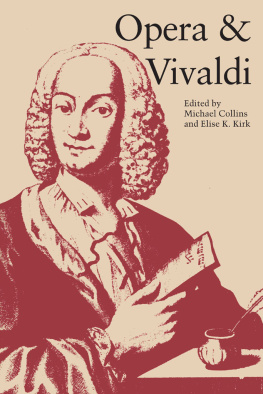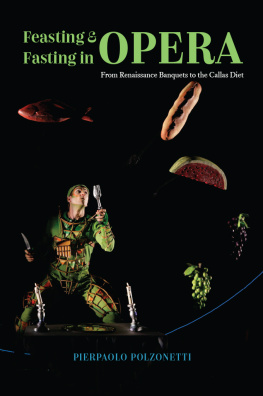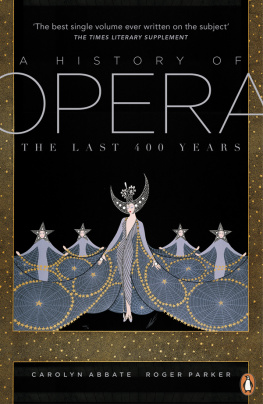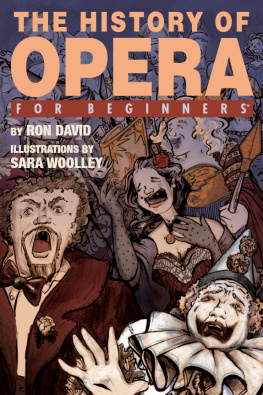First published 1996 by Westview Press
Published 2019 by Routledge
52 Vanderbilt Avenue, New York, NY 10017
2 Park Square, Milton Park, Abingdon, Oxon OX14 4RN
Routledge is an imprint of the Taylor & Francis Group, an informa business
Copyright 1996 Taylor & Francis
All rights reserved. No part of this book may be reprinted or reproduced or utilised in any form or by any electronic, mechanical, or other means, now known or hereafter invented, including photocopying and recording, or in any information storage or retrieval system, without permission in writing from the publishers.
Notice:
Product or corporate names may be trademarks or registered trademarks, and are used only for identification and explanation without intent to infringe.
A CIP catalog record for this book is available from the Library of Congress.
ISBN 13: 978-0-367-28195-3 (hbk)
It is a daunting task to name, in a few paragraphs, all of the people who put their mark on a book that has been nearly a decade in the making. Were I to enumerate all of the ideas inspired by friends, all of the suggestions taken from colleagues, all of the late-night debates that shaped my thinking in these pages, this preface would expand to truly operatic proportions. Still, with the understanding that these few words of thanks are poor payment for great intellectual gifts, I will attempt to redress a fraction of the debts I owe.
My deep gratitude goes to the friends and colleagues who read earlier drafts of the book and shared their opinions and evaluations with me. Most of all, my thanks to Rebecca Schneider, who read an early version of the manuscript and then, over lunch, told me in two sentences what the book was really about. Fred Kolo read the same draft and informed me, with cheerful bluntness and unfailing accuracy, what I should keep and what I needed to toss. Talia Rodgers offered support during the early stages of writing, and Diana Taylor provided similar encouragement to get me through the later stages. Eve Kosofsky Sedgwick and the other members of the Queer Performativity seminar at the School of Criticism and Theory at Dartmouth in 1992 supplied theoretical fuel, jarred loose my thinking, and gave me permission to write about my feelings. I had the good fortune to live for a time near Susan McClary and Rob Walser; their work and conversations sparked many intellectual fires. Thanks also to my many friends, family members, and professional colleagues who provided valuable feedback at various stages of the writing in response to drafts and in conversations about opera, most notably Philip Brett, Bill Cook, Daniel Katz, Sarah Katz, Tom King, James Loehlin, Craig Palmer, Joan Parker, David Romn, Peter Saccio and Jim Steffensen, Steve Scher, Thanalakshmi Subramaniam, Gary Thomas, and Simon Williams, along with several anonymous readers. And special thanks to Gordon Massman, who believed in this book and went to the mat for it.
I received archival support and research assistance from a number of quarters. Thanks to Dartmouth College and its generous support for junior faculty (even those of us in the humanities) through the Walter Burke Research Initiative Grant, which provided me with the resources to travel in Europe for research and operagoing. I received much friendly help from the .
A few more thanks are due. To my teachers, particularly Errol Hill, Marvin Carlson, Peter Saccio, and Sam Smiley, my thanks for getting me into this business in the first place and for their continuing support and encouragement as I wend my way through the maze of academia. To my colleagues in the Department of Drama at Dartmouth and the Department of Communication Arts and Sciences at DePauw, my thanks for providing support and encouragement and an environment that made my writing possible. To my many students at Dartmouth, DePauw, and Moorhead, my thanks for providing a sounding board for new ideas and for teaching me to look at opera with new eyes. To Tom Fitzpatrick, my dear colleague in operamania at DePauw, undying thanks for many hours of conversations and, especially, for twice letting me fulfill my fantasy of singing in an opera. Most of all, to my large, crazy, and remarkable familymaybe the last great nuclear clan left in this countrymy thanks for the love, unquestioning acceptance, support, and faith they have given me, and for making my life a hell of a lot of fun. Special thanks and love to my two sisters: Joan, for being my regular date at the opera and my favorite opera conversation-alist; and Judy, for her unflagging support, belief, energy, and enthusiasm; and to both of them for giving me my first opera recordings.
I have two dedications for this book, the first looking to the past, the second to the future. My retrospective dedication is in memory of my parents, Robert and Evelyn Abel. No one (other than my two sisters) was ever blessed with parents more supportive and more giving or who took more joy in their childrens accomplishments. Through the example of their lives, I learned what love means. I only regret that they did not live to see this book published, because it would have made them so happy.
My forward-looking dedication goes to Craig Palmer, my husband, my lover, my best friend, and my favorite opera-queen-in-training. This book and our relationship have grown hand-in-hand. I started drafting the manuscript just as we met, and my most productive writing happened when, after months apart, the two of us crammed ourselves into La Bohme-like accommodations in Hamburg and St. Louis. He is my muse and my guardian angel, who blesses me daily with his energy, his remarkable smile, his impassioned debate, his gentle touch, his unstinting support, and his relentless insistence that I slow down and let life happen, on occasion, without my hyperactive participation. I love him beyond measure, and I look forward to happy decades of operagoing together.
Sam Abel
Hartford, Vermont







